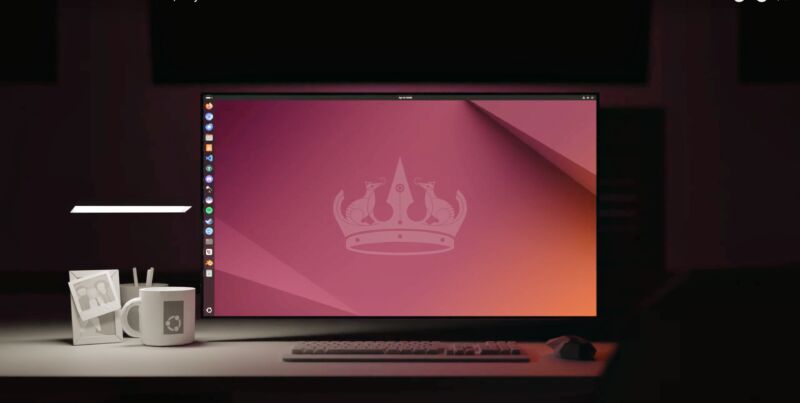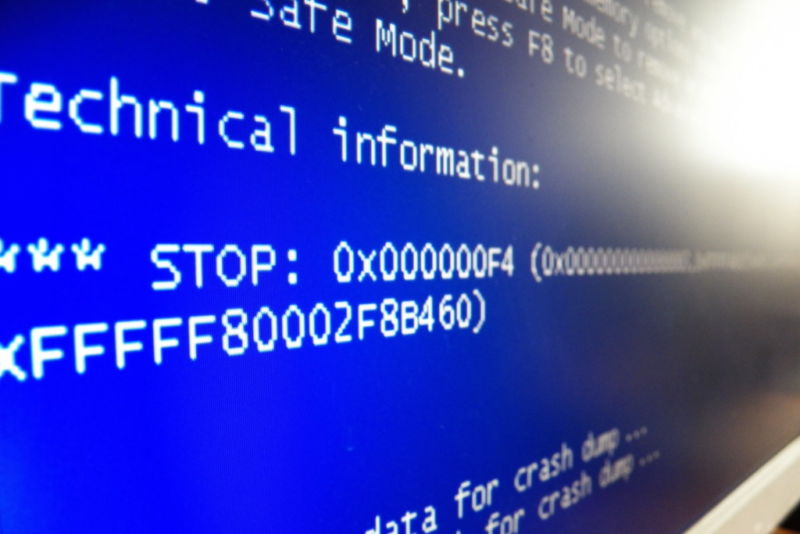-
Sl
chevron_right
Contact publication
pubsub.blastersklan.com / slashdot · 22:43 edit
prisoninmate shares a report from 9to5Linux: Canonical released today Ubuntu 24.04 LTS (Noble Numbat) as the latest version of its popular Linux-based operating system featuring some of the latest GNU/Linux technologies and Open Source software. Powered by Linux kernel 6.8, Ubuntu 24.04 LTS features the latest GNOME 46 desktop environment, an all-new graphical firmware update tool called Firmware Updater, Netplan 1.0 for state-of-the-art network management, updated Ubuntu font, support for the deb822 format for software sources, increased vm.max_map_count for better gaming, and Mozilla Thunderbird as a Snap by default. It also comes with an updated Flutter-based graphical desktop installer that's now capable of updating itself and features a bunch of changes like support for accessibility features, guided (unencrypted) ZFS installations, a new option to import auto-install configurations for templated custom provisioning, as well as new default installation options, such as Default selection (previously Minimal) and Extended selection (previously Normal)."
Read more of this story at Slashdot.
Ubuntu 24.04 LTS 'Noble Numbat' Officially Released


